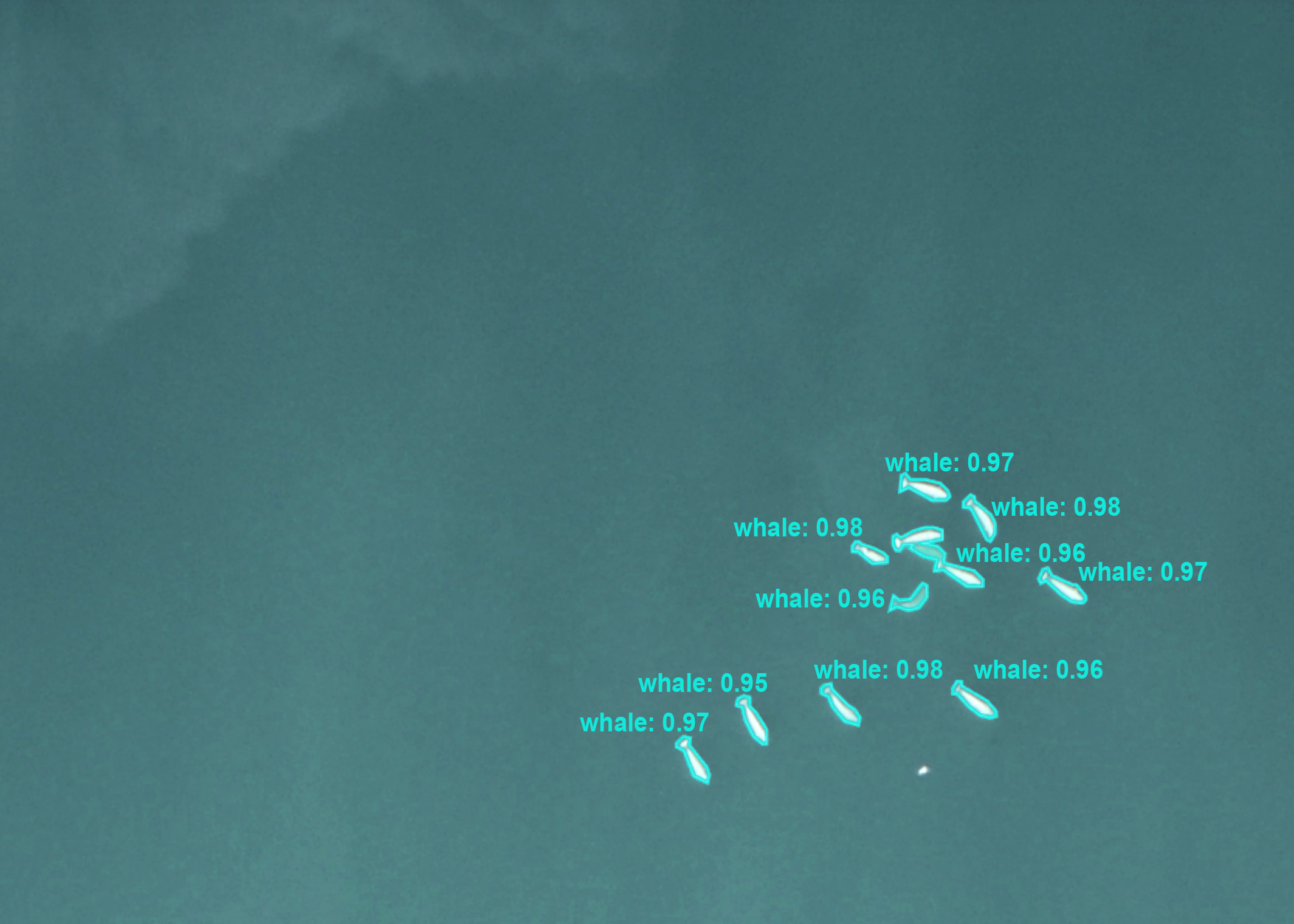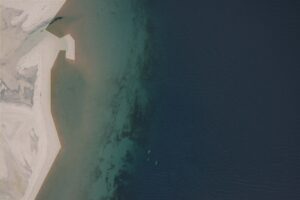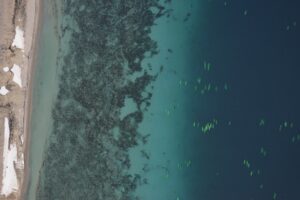AI-Powered Marine Mammal Protection

Projects Sponsor
Marine mammal detection traditionally relies on slow, manual methods, creating delays in conservation response and resource-intensive processes. Montreal-based startup Whale Seeker developed Möbius to automate detection, accelerate response times, and significantly improve accuracy and efficiency, directly addressing urgent conservation needs and supportin g sustainable ocean management. Leveraging AI allows Möbius to achieve a 97% faster detection rate than traditional methods, successfully identifying over 108,000 marine mammals from aerial imagery alone. It has processed more than 18,000 km² of satellite images, enhancing global marine protection and earning UNESCO recognition. Möbius significantly reduces human resource requirements, enabling rapid decision-making and proactive threat mitigation efforts.
Marine mammal detection traditionally relies on slow, manual methods. This inevitably makes for delays in conservation responses and resource-intensive processes. Montreal-based startup Whale Seeker developed Möbius Observer to automate detection, accelerate response times, and significantly improve accuracy and efficiency, directly addressing urgent conservation needs and supporting sustainable ocean management.
Through thorough benchmarking, the Whale Seeker team identified inefficiencies in traditional manual marine mammal detection efforts, discovering a critical need for faster, more accurate methodologies. Their research revealed that manual methods were both resource-heavy and inadequate for real-time environmental threat management, highlighting the necessity for innovation.
Whale Seeker’s Möbius leverages AI to revolutionize marine mammal detection, providing rapid, precise monitoring from aerial and satellite imagery. Möbius enables swift responses to threats, promotes sustainable maritime practices, and significantly enhances marine biodiversity conservation globally.
 The team at Whale seeker began by collecting extensive datasets annotated by marine biology experts. Through extensive testing and iterative refinement, they developed proprietary AI algorithms specifically trained for precise marine mammal detection.
The team at Whale seeker began by collecting extensive datasets annotated by marine biology experts. Through extensive testing and iterative refinement, they developed proprietary AI algorithms specifically trained for precise marine mammal detection.
While the software they produced aims to make marine mammal detection quick, frictionless and accurate, building these tools and getting them into the hands of those who need them required hard work from the Whale Seeker team. Through rigorous expert validation, transparent results, and by demonstrating significant efficiency gains, they ensured algorithm accuracy and successfully proved Möbius’ value to the manual-dependent sectors. Collaborative trials with research institutions and environmental bodies also greatly facilitated trust in and adoption of the technology.
From there, strategic partnerships, governmental collaboration, and industry integration helped scale Möbius further. These partnerships included Edgewise Environmental, Black Bawks Data Science, Technopole maritime du Québec, and UNESCO’s International Research Centre on Artificial Intelligence. Each provided essential support through expertise, validation, funding, and expanded global visibility and integration efforts.
 Today Möbius achieves a 97% faster detection rate than traditional methods, successfully identifying over 108,000 marine mammals from aerial imagery alone. It has processed more than 18,000 km² of satellite images, enhancing global marine protection. Möbius significantly reduces human resource requirements in this time-sensitive field, enabling rapid decision-making and proactive threat mitigation efforts.
Today Möbius achieves a 97% faster detection rate than traditional methods, successfully identifying over 108,000 marine mammals from aerial imagery alone. It has processed more than 18,000 km² of satellite images, enhancing global marine protection. Möbius significantly reduces human resource requirements in this time-sensitive field, enabling rapid decision-making and proactive threat mitigation efforts.
Drastically accelerating marine mammal detection, significantly enhancing global marine conservation, Whaleseeker’s proprietary AI algorithms surpass traditional detection capabilities and reshape conservation practices. The methodology is scalable and replicable worldwide, promoting widespread adoption and global conservation improvements across the seven seas.













